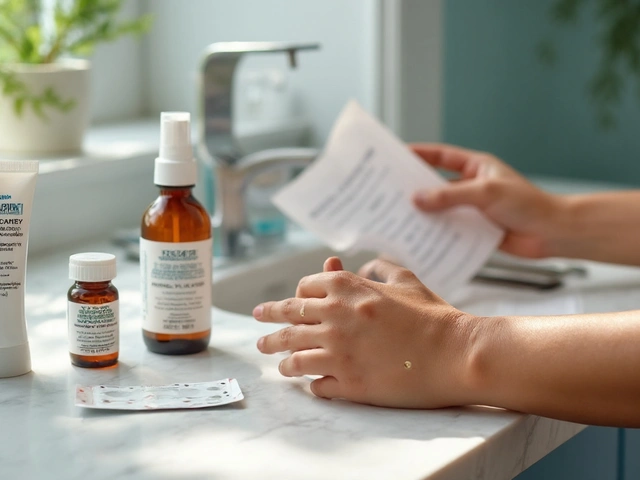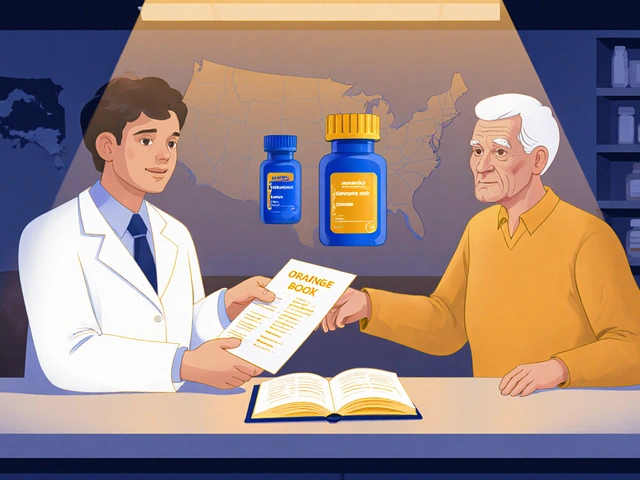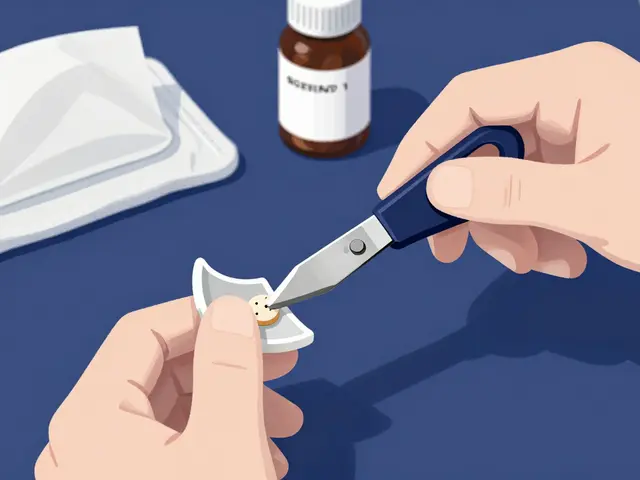Headache Connection: Why Your Meds, Supplements & Daily Choices Might Be Triggering Pain
If you’ve ever wondered why a headache pops up out of nowhere, you’re not alone. Most people assume it’s just stress or lack of sleep, but the truth is many everyday items – pills, herbs, even your coffee habit – can set off that throbbing sensation. Understanding the hidden connections can help you cut the pain before it starts.
Medications That Can Spark Headaches
Even drugs meant to help you feel better can backfire. Over‑the‑counter painkillers such as ibuprofen (Motrin) or acetaminophen (Tylenol) are notorious for causing “rebound” headaches when used too often. A few days of regular use might feel fine, but the body soon craves the medication, and missing a dose triggers a new ache.
Prescription meds aren’t innocent either. Blood‑pressure pills like captopril (Capoten) or lisinopril often list headache as a side effect, especially when you first start them. The same goes for some cholesterol reducers, certain antidepressants, and even erectile‑dysfunction treatments like Kamagra Polo. The key is timing – many side effects ease after a couple of weeks, but if the pain persists you should talk to a pharmacist.
Supplements & Lifestyle Habits to Watch
Natural doesn’t always mean safe. New‑age supplements such as bulbous buttercup (ranunculus bulbosus) contain compounds that can irritate the nervous system and spark headaches. High‑dose vitamin A, vitamin D, or even excessive magnesium can have the same effect, especially if you’re already taking prescription meds that interact with them.
Beyond pills, daily habits matter. Skipping water, drinking too much coffee, or pulling all‑nighter scrolling on your phone can all tighten blood vessels and provoke pain. Alcohol, especially red wine, expands blood vessels and often finishes a night with a pounding head. Even bright screens at night strain the eyes and add tension to the scalp.
Keeping a simple headache diary can reveal patterns you never noticed. Write down the time of the headache, what you ate, any new meds or supplements, and how many glasses of water you’ve had. After a week you’ll likely see a clear link – maybe you started a new supplement on Tuesday or missed your hydration goal on Thursday.
When a medication looks suspicious, don’t quit on your own. Talk to your doctor or pharmacist about switching to a similar drug without the headache side effect. For supplements, start with the lowest dose and monitor how you feel for a few days before increasing. And if you spot a lifestyle trigger, try a small change first – swap one coffee for water, add a short walk, or dim the screen an hour before bed.
Remember, headaches are often a sign that something in your routine needs adjusting. By paying attention to the connection between what you take and how you feel, you can take back control and enjoy fewer painful days.
Eye Inflammation and Migraines: What You Need to Know
Could there be a link between eye inflammation and those pounding migraines that knock you off your feet? While the connection might not be obvious at first glance, some studies suggest that certain types of eye inflammation could play a role in triggering migraines. Understanding the potential relationship can help you take proactive steps in managing both conditions. This article digs into the causes of eye inflammation and offers practical tips for dealing with migraine pain.






